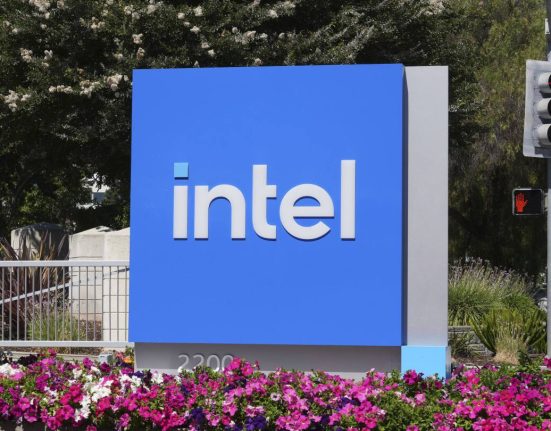What is the latest in the digital transformation of banks? How is AI influencing how banks work now, and how might it redefine the industry going forward?
At Bloomberg’s 2025 Sell-Side Leaders Forum in London, Ron van Kemenade, Group COO at Lloyds Banking Group, sat down with Bloomberg Originals’ Nate Lanxon to discuss how Lloyds is tackling generative AI, re-architecting its operating model, and upskilling leaders in an era of exponential technological change.
In focus
Featured insights from the discussion panel:
On AI adoption in banking
Ron van Kemenade: I think we’re at the stage where everybody has changed their mindsets. There is nobody that I know of who says, “Let’s not invest in generative AI or agentic AI for that matter.” I think everybody is scrambling to identify the use cases. Interestingly… many of the use cases now being proposed for generative AI are actually solved by simple robotic process automation; people are waking up to the idea… [that they] should automate processes, which has nothing to do with generative AI.
At Lloyd’s Bank… we have 30 use cases in production, so [beyond] a proof of concept or a pilot, and before the end of the year, we’ll have somewhere between 60 and 100... [They include] preparing relationship managers with reports, creating credit documents or generating credit documents from basic information provided by clients. [Also] in engineering [showing] how to deal with coding challenges...*
Redefining the Trading Desk Report
Get the report today to uncover key insights shaping the sell-side and learn how to future proof your trading desk.
On banking legacy systems and AI
RvK: I’ve been around technology and banking too long to believe in silver bullets that will solve problems we’ve had for the past 20 years. It’s still a lot of work, a lot of sweat, a lot of patience. But I’ve seen good examples where generative AI has truly helped. For example, one of the bigger problems with legacy code is that hardly any people fully understand all those millions of lines: what do they actually do? [Generative AI helps to] reverse engineering from your code base by saying, what does the functionality actually look like? What is the underlying assumed process? And, document that so other people can start dealing with that legacy and translating it into modern applications.
On upskilling for AI transformation
RvK: This is about the readiness of people to go through AI transformation. This is definitely not just about techies. This is about all of the people working for a financial institution and any other industry. All of our senior leadership team, which is roughly the top 300 of the bank…we sent them “back to school”, in this case to [the University of] Cambridge. We set up a dedicated AI program to retrain and give people the basic skills of what AI and in particular generative AI is all about.
*Quotations have been edited for brevity and clarity.
Interested in learning about Bloomberg solutions for sell-side leaders? Click here.







